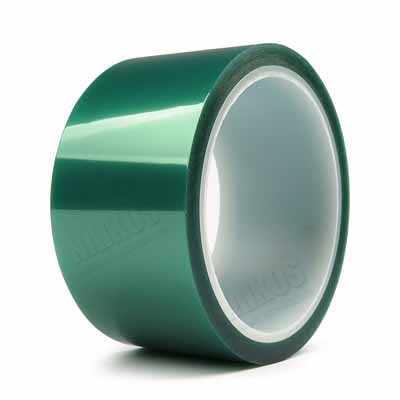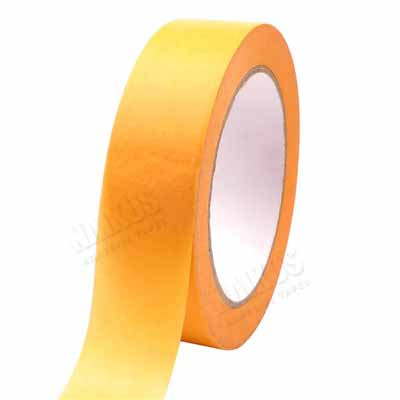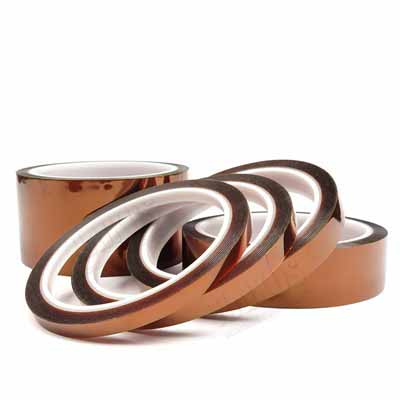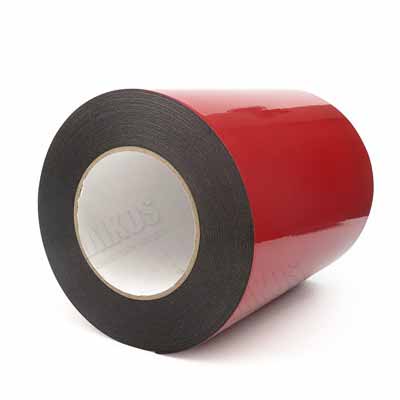Aluminum foil adhesive tape is a versatile, non-sealing product that's used for a wide range of construction and industrial applications. It's a popular choice for construction projects because of its strength, durability, and flexibility. In fact, it's used for everything from repairing roofs to protecting metal gutters and more.
There are a variety of different types of foil tape, including duct, masking, and electrical. All of them are characterized by their ability to hold up to temperature fluctuations, UV light, and other environmental conditions that typically break down other types of adhesives.
Aluminum foil adhesive tape is commonly used for duct sealing because it can create air-tight seals that help keep dust and debris out of the ducts. It also helps to prevent leaking and reduce energy costs.
It is especially useful in preventing cold spots and hot spots. This type of tape also offers superior weather resistance, which is ideal for HVAC applications.
In addition, it's conductive on both sides of the tape, so it maintains good electrical conductivity. It's also flame-resistant, so it's safe to use with electrical cables.
It's not uncommon to find aluminum foil adhesive tape in the marine industry, where it's used to insulate boats and offer well-waterproofed surfaces that won't be damaged by water. It's also a common choice for masking windows and seams on airplanes to protect them from chemical damage.
It’s a common option for masking in chemical mills and X-ray applications because of its exceptional moisture resistance. It's also often used to protect windows and doors from the elements in medical settings, which is especially important when it comes to radiation protection.
It is a lightweight and extremely malleable tape, making it easy to shape into artistic patterns. It is also strong and able to withstand extreme temperatures, which makes it an excellent choice for shielding equipment during electroplating or other electrical applications. It can also be used to repair small cracks in metal or glass. It can also be used to wrap pipes and wires to prevent them from rusting.
It has a wide range of uses and is a cost-effective solution for sealing, masking, and protecting applications in a variety of industries. It's especially helpful in the HVAC industry and can be used to patch and seal ducts.




